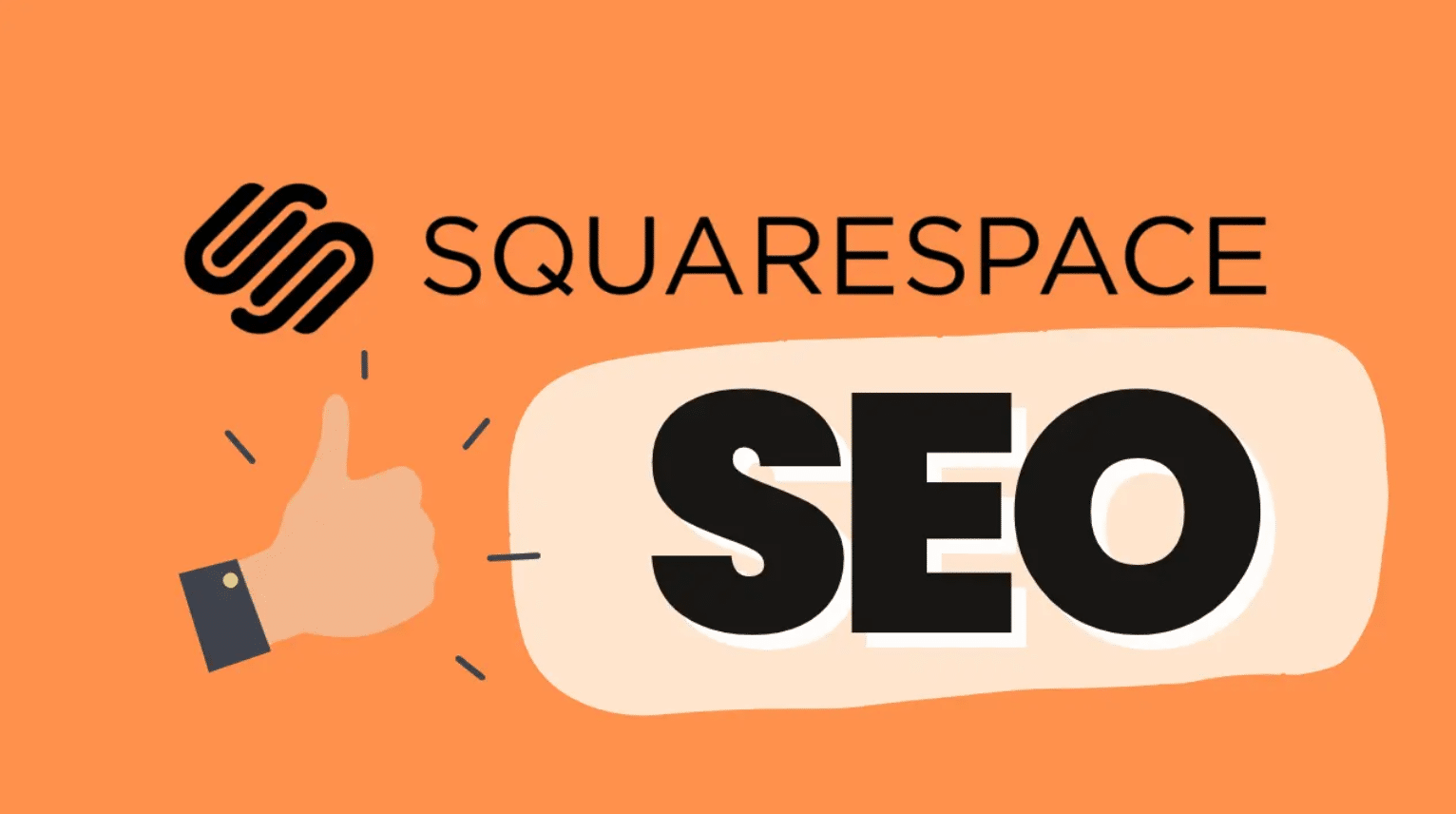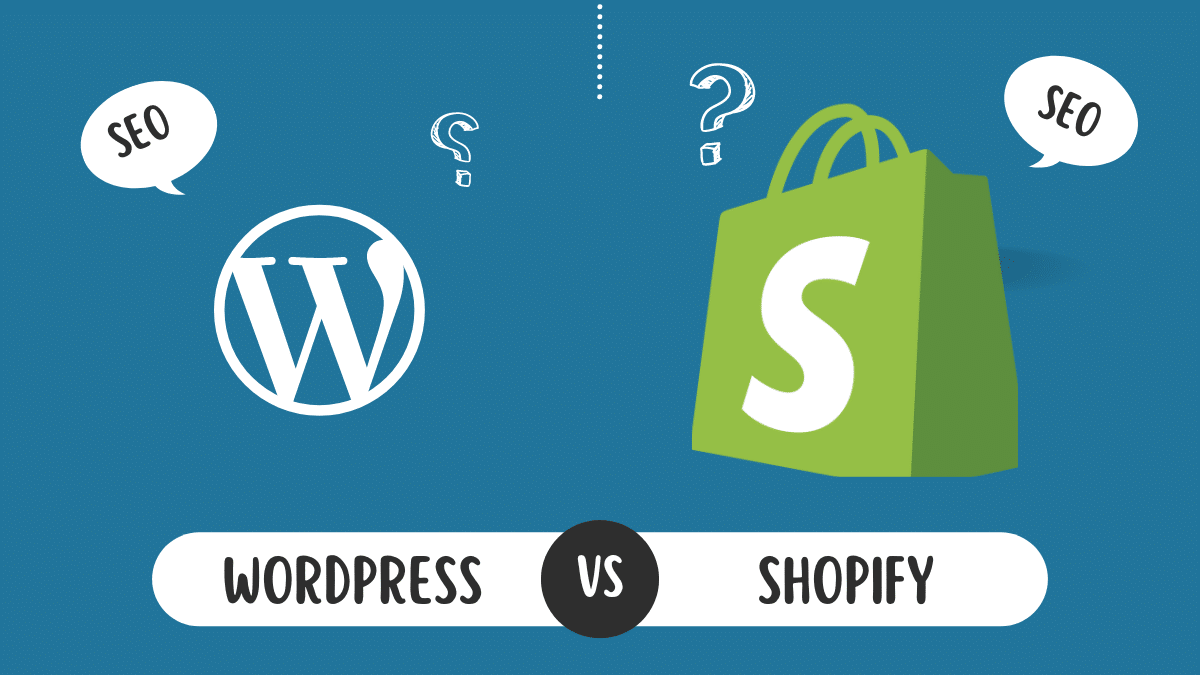E-commerce has turned into one of the most critical aspects of business these days. As e-commerce has become more popular every year, more business entities are considering developing their online stores. Now the question arises, which platform is the most suitable for the development of an e-commerce site? There are several possibilities, but the most recognized is WordPress. So, is WordPress suitable for e-commerce? Let’s take a detailed look.
What is WordPress?
Initially, WordPress was straightforward software designed only for creating blogs back in 2003. It has expanded more over the years to become a potent, flexible content management system (CMS), currently present in more than 35% of the world’s websites. WordPress is based on open-source software and for free. It is because of the presence of over 10,000 free– as well as paid–themes and plugins that WordPress is so flexible.
Advantages of Using WordPress for an E-commerce Site

Here are some of the main reasons why WordPress is an excellent platform for e-commerce:
Open Source and Free
WordPress can identify its generic architecture since the WordPress core software is open source. Moreover, it is, in fact, free of cost and does not require any license to be paid to use it. This makes it more affordable than proprietary e-commerce platforms that cost money for their services, which can be charged either per month or annually.
Easy Setup and Use
Creating an online store using WordPress is straightforward if you decide to use the WooCommerce plugin. Most of the functions in WordPress include a graphic user interface to allow one–even with minimal computer programming skills—to perform the tasks. There is a straightforward way of managing and updating products & categories, orders, etc.
Search Engine Optimized
WordPress sites can easily be made SEO-friendly by allowing SEO-friendly URLs, metadata, site maps, etc. They also have some special SEO plugins, like Yoast SEO, that assist you in advancing your sites’ positions. Every online business must ensure that it occupies a conspicuous place in Google and other search engines.
Great Design Flexibility
The good news is that there is plenty of choice when it comes to the appearance of an e-commerce site using WordPress, and these options include free and paid themes. Multifunctional premium themes enable customers to design the site from scratch without using programs. So, you are able to build a brand image of the appearance and style of your store.
Top E-commerce Plugins
Standard WordPress installation does not come with many e-commerce features. Still, a couple of plugins like WooCommerce and easy digital downloads help you launch a full-featured online store quickly. From the catalog to the checkout, payment options, shipping, etc., these plugins have everything you can ask for.
Supports Dropshipping
For new e-commerce stores, the dropshipping business model is attractive because there’s generally low risk involved and little financial outlay in the short term. Some of the most used dropshipping plugins are AliDropship and Dropified, which allow you to import products directly from a supplier.
Security and Updates
Being an open source, WordPress receives input from thousands of developers who are constantly testing and enhancing the platform’s security. Despite this, all software is known to have its openings, but relevant security updates and patch releases are frequent. All you need to do is always trust WordPress hosting with the auto-update option to keep your website secure.
Scalability for Growth
Today, WordPress has shown that it is capable of growing and providing hosting for the most significant sites and corporate websites, from the list of Fortune 500 companies to traditional large media and online newspapers with millions of unique visitors per month. The fact that it is an open source and is being used causes constant improvements to its performance. This will allow it to handle larger volumes of e-commerce traffic as your business expands.

Mobile Responsive
Since Google now emphasizes the importance of easy site navigation on a mobile device, it is known that a responsive design is essential for e-commerce today. Some of the features of premium WordPress themes are mobile ready, which means that sites built using such themes are ready to display the site thematically on a smartphone or tablet. Mobile e-commerce capability is also enhanced by mobile plugins.
Flaws of Choosing WordPress for the E-commerce Website
While WordPress offers some great e-commerce benefits, it is not without downsides:
Can Slow Down on Large Stores
When you have a large e-commerce store with thousands of products in multiple categories, WordPress’s performance can suffer. This can, however, be managed with good hosting, caching solutions, optimized images, and the elimination of unnecessary scripts with plugins.
Security Vulnerabilities
Criminals always prefer to attack such platforms as WordPress because they are developed with open source that comprise vulnerable codes from which hackers can exploit. But if you frequently update your WordPress core, themes, and plugins, and if you use strong passwords and web hosts with security measures, your site should be fairly secure.
Lack of Built-in Features
WordPress does not come equipped with necessary e-commerce functionalities that are out of the box for an adequately fledged store. Sometimes, you have to rely on third-party plugins, which may not receive updates or may be discontinued at any time. However, with a reliable plugin such as WooCommerce that runs over three million websites’ shops, there’s no likely chance of not getting support.
So, Is WordPress Good for Your E-commerce Site?
It is possible to assert that WordPress is absolutely suitable for most modern small- and medium-sized online stores today. The benefits, such as cost, simplicity, scalability, and design, compared to the drawbacks, such as possible performance problems or lack of native functionality, outweigh every other concern. However, sizeable multichannel e-commerce sites are likely to experience enormously high traffic and revenues right from the start, so they will require a more sophisticated platform such as Shopify or Magento.
All in all, WordPress has the features that are needed for it to be an open source and customizable platform for creating and developing any kind of online store. If you select the proper hosting, themes, and plugins, WordPress e-commerce can meet the requirements of an enterprise while still being simple for new businesses. So yes, WordPress is perfect for e-commerce, and it will only improve over time!






